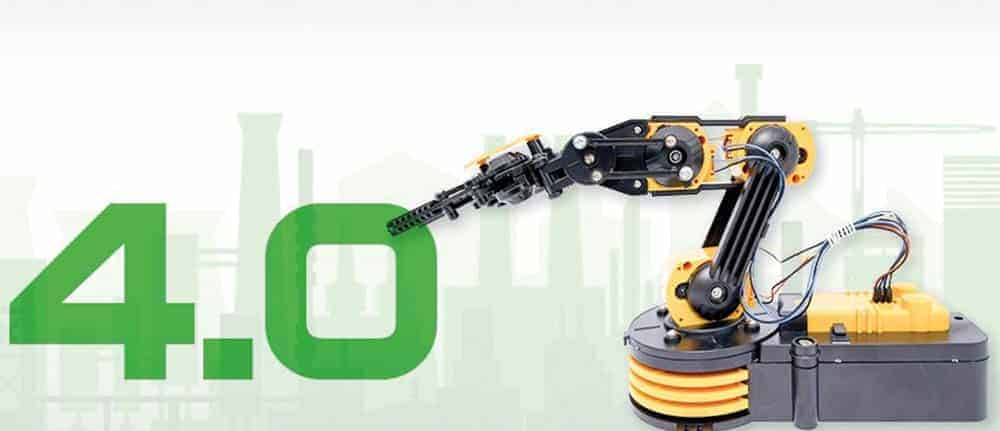IoT - the challenge for data management


Good data management enables IT to provide the right data at the right time and at the required speed, regardless of where it comes from and where it is located.
It covers the entire data lifecycle, from data capture, storage, classification and prioritization to archiving or deletion.
In addition, data management enables data mobility and also covers the aspects of data sovereignty, integrity and security. Data management is not the sole responsibility of the IT department. Rather, it should be seen as a kind of concept that is applied company-wide.
First of all, it is important to get everyone involved around the table and gain a comprehensive view of the topic. Ideally, companies should appoint a central person responsible for data, a Chief Digitalization Officer or Chief Data Officer.
The preferred IT infrastructure in most companies today is the hybrid cloud, a combination of on-premise solutions and the public cloud. This means that data can be stored or processed in completely different locations. It is therefore important that data management can be applied uniformly to the various systems and technologies.
Regardless of where data is cloned, backed up or restored, the same processes and tools should be used. Otherwise, there will be increased management effort, which will negate the efficiency of the infrastructure.
It must also be possible to easily merge data from different environments. This requires standardized data transfer. The data management strategy must deal both with data at the edge and with data on the central data platform (at the core).
At the edge, i.e. at the sensors of devices and machines, huge amounts of data are generated, some of which the system is already filtering, analyzing and making initial decisions.
Depending on the use case, selected or all data is transferred to the platform. The challenge there is to make the different types of data available for applications on-premise or in the cloud.
An IoT initiative should start with companies defining exactly what their goal is.
- What data do I need for this, where does it come from and how can I collect it?
- Should the data be analyzed on-premise or in the cloud?
- How long and where do I want to store them?
This is because IT managers may be familiar with technical matters, but they generally do not know what the processes in the specialist department look like and what the employees there need.
An external consultant can also provide support here and act as a link between the departments. Once the framework conditions have been clarified, it is advisable to start with a feasibility study.
Companies are gaining initial experience in a pilot project with a very limited scope. They are starting by reading and analyzing the sensor data of a single machine.
It is important to pay attention to the scalability of the infrastructure at this stage. After all, if the project is later rolled out to the entire machine park, the data volumes will explode.
If the IT environment can no longer store and process these, the conversion is usually complicated and results in unnecessary effort and costs. Those responsible should also consider the issue of security from the outset.
A feasibility study can usually be completed within four to six weeks. A good IoT provider - together with its partners - can support a company in all phases of the project. They know the most suitable hardware, communication protocols, data management and analytics solutions for the respective application and show ways in which old machines can also be made Internet-enabled. In the expert network with partners, he can also provide comprehensive support for the IoT project with regard to security issues.







